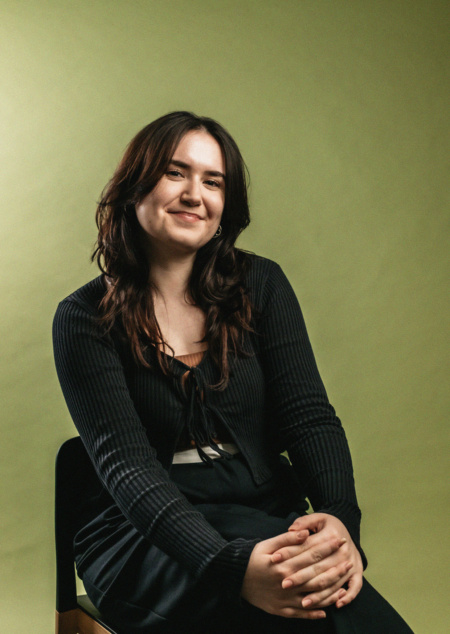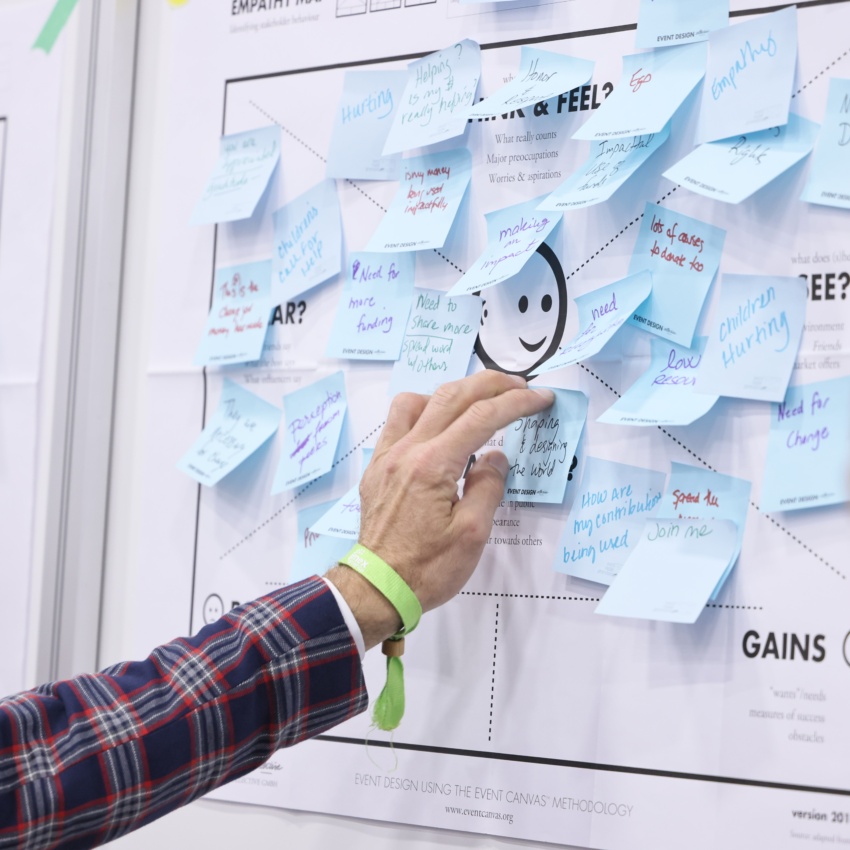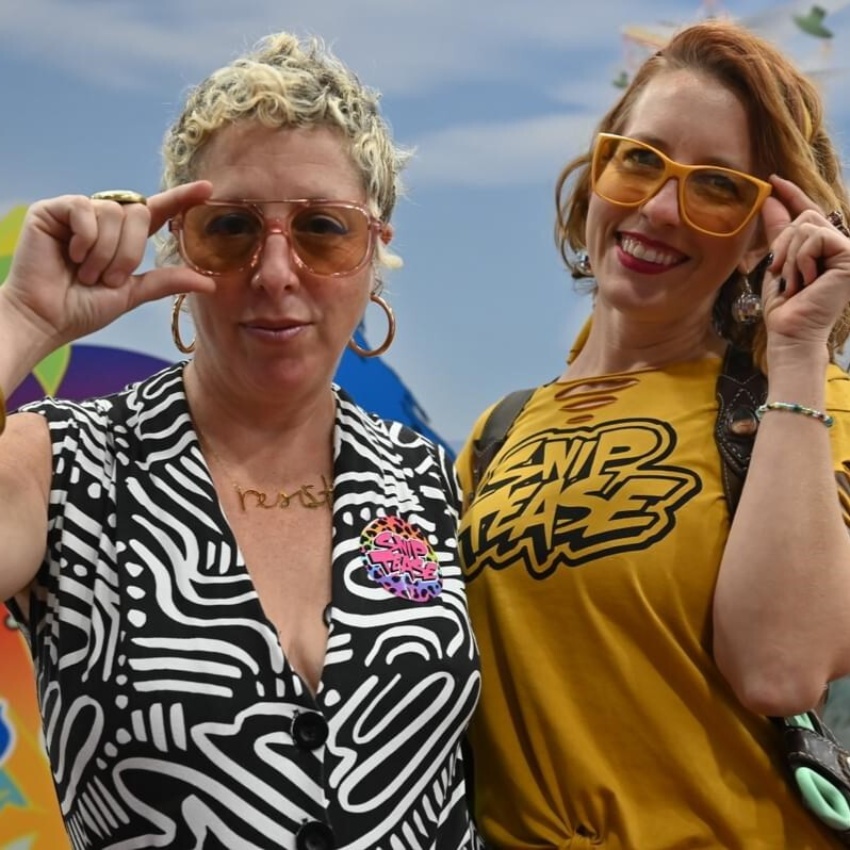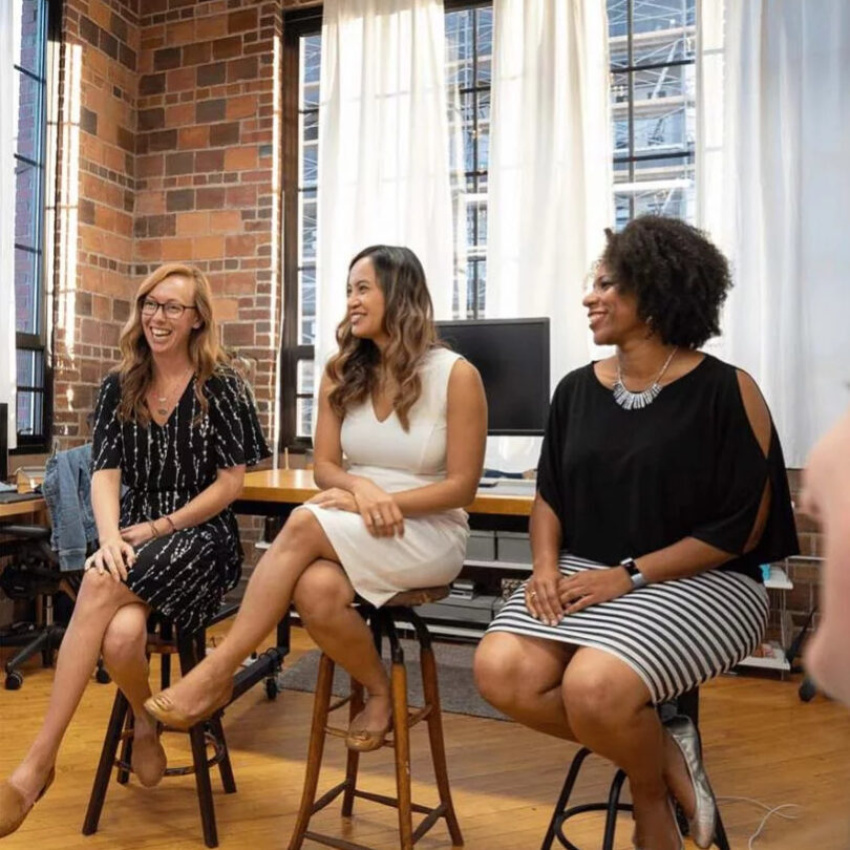The power of community: how events can foster connection and collaboration
In the closing session of our Buzz Day in 2021 on the IMEX BuzzHub, Julius Solaris led a panel of world-class experts to discover what came first - the event or the community?
Here are four key takeaways from the session:
1. An email list doesn’t make a community
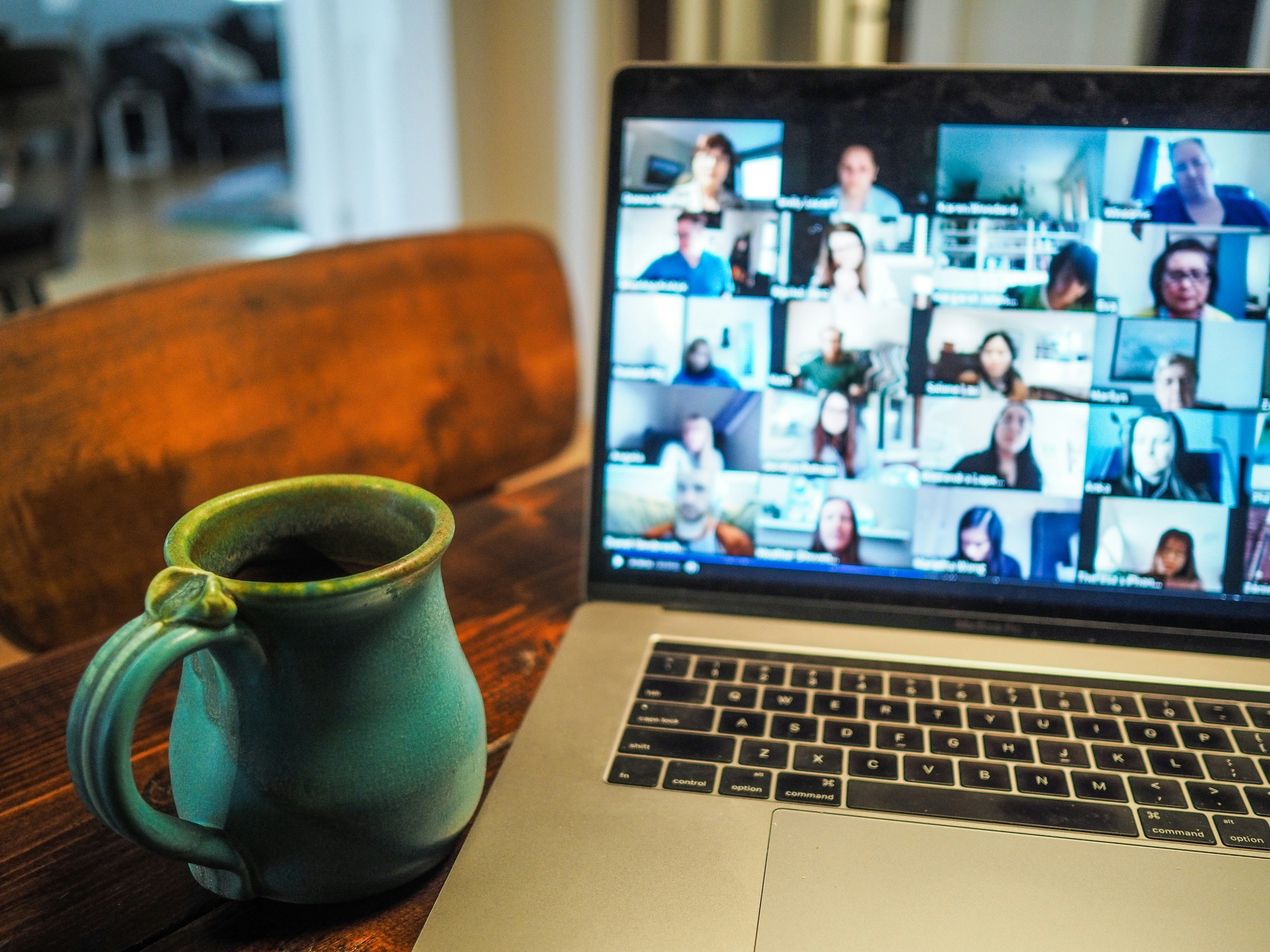
Miguel Neves, Editor in Chief at Skift Meetings kicked off the discussion with a mic drop moment: “Communities are not email lists. It’s just a list”.
He argued that we need to ditch the idea that a database of contacts is proof of a thriving community, especially in a year of virtual/hybrid events.
Communities share a sense of unity around a common purpose or sentiment. For example, at SXSW, in a session for social media managers, a shared job title brought attendees to the same venue, but the shared experience of being underappreciated as marketers created the common bond.
The pandemic has increased our need to belong to a strong online community. But at the same time, these communities need to form organically, rather than be forced upon event attendees. It’s the people and how they choose to interact with each other that brings community into existence.
2. Online communities won’t replace your business model, just enhance it
Some audiences, such as associations, are wary of online communities, for fear that they will replace the business models they rely on for revenue. Kiki L’Italien, Vice President Marketing and Community Engagement at Big Red M begs to differ. For her, online community comes first.
Kiki believes if you give people a place to connect online, the natural next step is a desire to meet in person. And that’s where events come in.
In Kiki’s view, the associations who have fostered online community are actually future proofing their organizations. And over a year later, although we’re seeing a desperation to get back to in-person events, Kiki thinks we still need to do both. Cultivate those relationships online and people will bring the community to life at events.

3. Design events with your community
Wikipedia has one of the longest-established online communities. But that hasn’t stopped them from creating in-person events, with their annual conference, Wikimania, running annually since 2005.
Merdhad Pourzaki, Senior Movement Communications Specialist at Wikimedia, explained that the pandemic created a unique set of challenges for the Wikimedia Foundation. Their community was already online but were used to having a yearly opportunity to meet in person. So how could they move their in-person event online and stay true to their values?
Shane also argued that designing with your community (not just for them) develops a sense of shared ownership of your events with the people they serve.
4. The future is hybrid
Off the back of SXSW Online in March 2021, Hugh Forrest, Co-President and Chief Programming Officer at SXSW, spoke on the future of their community, believing “the future is hybrid”. Despite having 30 years’ experience in producing live events, the team were inexperienced in virtual. Their first online event provided benefits by reducing some of the pain points of their in-person offering.
SXSW is renowned for its choose-your-own-adventure-style program, with the entire city of Austin being the “venue”. While this is what makes SXSW unique, Hugh acknowledged that attendees don’t always take full advantage of the array of venues, with the small “friction” of walking stopping them from experiencing all elements of the event. But take your event online and that friction evaporates; you can jump from a film screening to a live band, to a panel session at the click of a button.
The move online has also solved a significant pain point around oversubscribing and overcrowding at SXSW’s most popular sessions. By removing the limits in capacity for their online sessions, everyone could take part in whichever session they wanted. Hugh shared that while SXSW’s next event aims to be in person, they will maintain a hybrid element. This creates the potential for a thriving in-person and online community, which can be sustained year-round.

Event organizers need to put cultivating community at the top of the agenda. The payoff will be realized at our events, where these communities can flourish in person.
